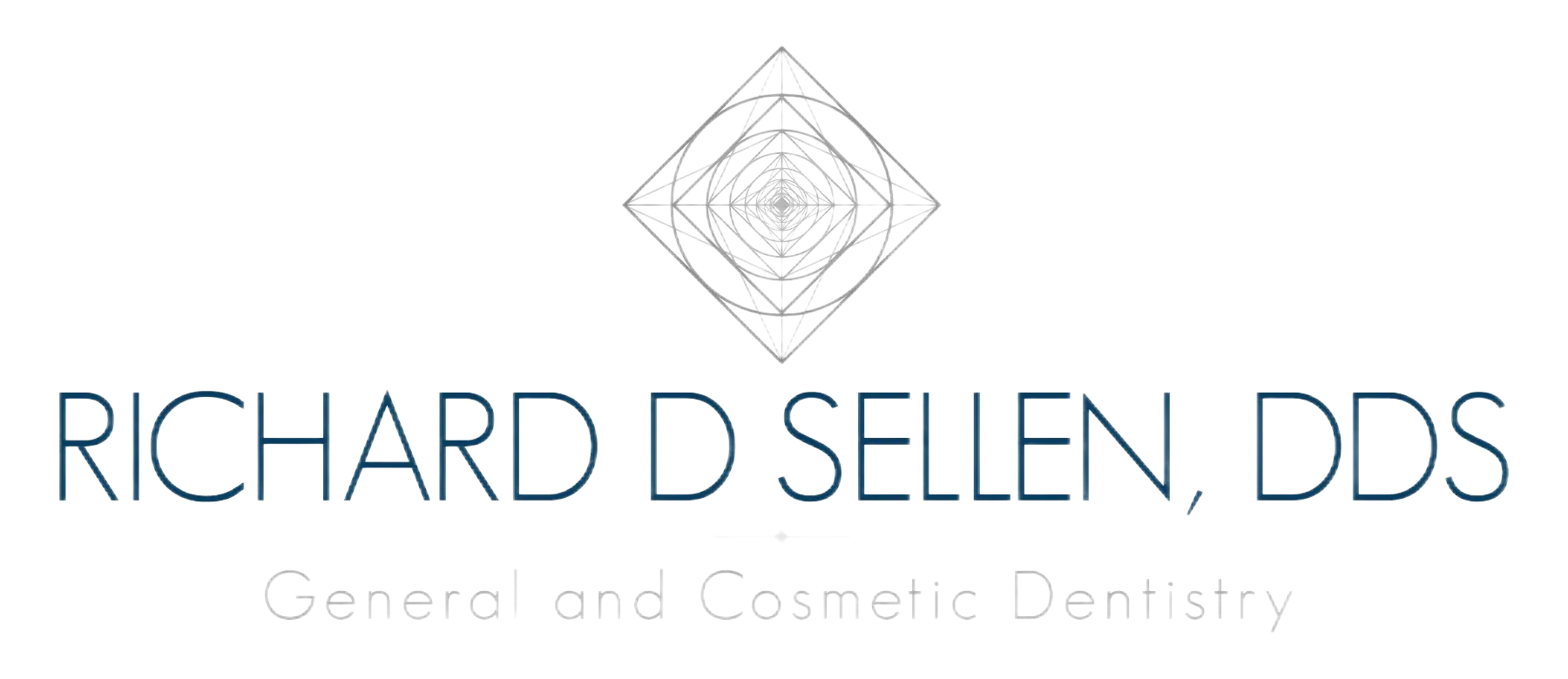With pandemic restrictions starting to lift, people are beginning to feel more comfortable taking their masks off (only when it’s safe, of course!). After nearly 15 months of covering up our mouths, we’re finally going to be showing off our pearly whites once again.
But what if your teeth aren’t as bright and sparkly as they were before COVID? That’s where teeth whitening comes into play.
These days, there are plenty of options when it comes to effective and convenient teeth whitening. Let’s take a look at the big three.
1. Over-the-Counter (OTC) Teeth Whitening
These are the teeth whiteners that are available in your local pharmacy, supermarket, etc. OTC teeth whiteners are good for mild external staining from things like coffee, tea, and foods that can leave stains (like blueberries).
OTC whiteners can be broken into 3 sub-categories: toothpastes, mouthwashes, and strips.
Whitening toothpastes work by using small abrasive particles that “scrub” the stains off your teeth. An easy way to think about this is by comparing it to exfoliation. Toothpastes are great because they’re easy to incorporate into your daily routine, since you are already brushing your teeth twice a day (we hope!). The main downside, however, is that certain people have found that the toothpastes can be too abrasive. We generally don’t recommend whitening toothpastes to patients who have recession or root exposure because it can create sensitivity or even start stripping away root structure. Also, if the staining is more of an internal issue (meaning the actual tooth structure has darkened), toothpastes can be ineffective.
Whitening mouthwashes, like toothpastes, are only good for mild cases. The majority of mouthwashes utilize hydrogen peroxide as the bleaching agent. Due to the fact that these mouthwashes have minimal contact time with the tooth, it can take a good amount of time to notice any significant whitening in your teeth.
Finally, whitening strips tend to be the most effective OTC solution. These strips work by lightening the actual tooth structure. Better yet, they’re easy to find in stores and relatively cost effective. The downside to strips is that they can cause temporary tooth sensitivity that can range in intensity depending on the health of your teeth. Also, these strips are usually “one size fits all,” which means they aren’t custom-made for your unique tooth and gum structure. As a result, they can either not cover your teeth enough or cover so much that they also touch your gums. This can irritate or even damage your gum tissue.
2. In-Office Treatments
In-office teeth whitening treatments usually last about an hour and consist of a bleaching agent and placement of a light on the teeth. The results are immediate, but we believe one of the reasons for this is because in-office treatments usually dry the teeth out. As your teeth rehydrate post-treatment, it’s not uncommon for the bleaching effect to become less noticeable.
3. Custom Bleach Trays for At-Home Use
Custom bleaching trays are tailor-made to fit your teeth and your teeth only. They serve as a fully-custom delivery agent for the bleaching gel and, because they’re made specifically for you, gum irritation is greatly reduced. Another benefit of having a custom whitening tray made for you is that the bleaching method can be adjusted to your needs. These agents come in a variety of concentrations that can be used for different levels of staining and tooth sensitivity. In other words, the more stain on the teeth, the higher the concentration, while more sensitivity in the teeth means less concentration. The best part of the trays is that, if you do happen to notice sensitivity in your teeth while whitening, you can add something as simple as Sensodyne into the trays and wear those for some time after a bleaching session. This will help to mitigate some of the sensitivity.
Feel free to let our staff know if you have any questions about whitening your teeth!
Dr. Richard D. Sellen is a licensed dentist in Willow Glen, San Jose, California. If you are ready for a healthy and beautiful smile, head on over to our contact page or give us a call at 408.264.3133.
More Blog Posts
Richard D. Sellen, DDS
Location
1600 Willow St #150,
San Jose, CA, 95125
Phone: (408) 264-3133Text Us: (408) 264-3133






